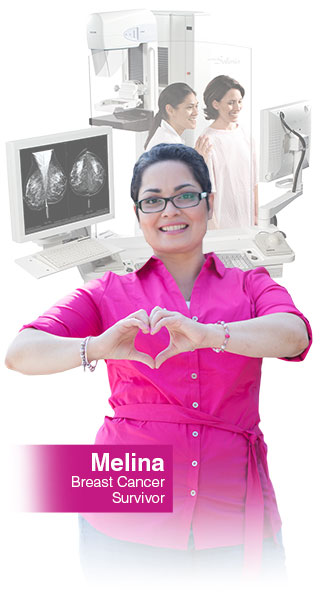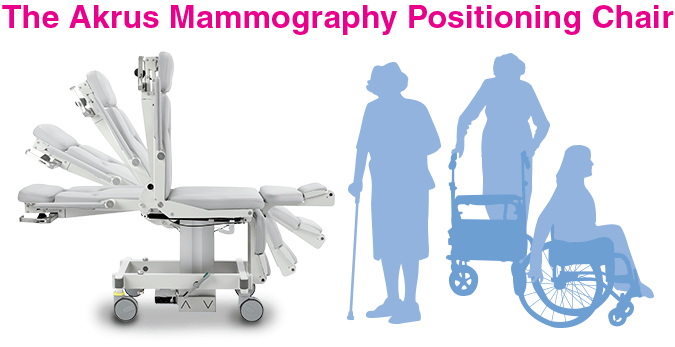Winning the Battle Against Breast Cancer
Melina learned she had breast cancer when she followed a nurse’s advice and decided to have a 3-D screening mammogram. According to Mary Hayes, MD, Medical Director, Women’s Imaging, Memorial Healthcare System, a 3-D mammogram reduces the likelihood of a misdiagnosis.
“I did not feel anything. I was just getting my routine exams and agreed to a 3-D mammogram,” says Melina.
Although additional testing revealed that Melina’s cancer had not spread to other parts of her body, she decided to have a double mastectomy. “I did not want to hear in 10 years, ‘You have it in the other breast’ or ‘it spread to another part of your body,’” says the young mother of two.
The decision wasn’t easy, but the support of her family made a big difference. “I am thankful to God for being so close to my sisters,” she says.
Melina’s advice: Look for resources that will help you carry on. Memorial Healthcare System offers:
- Support groups
- Psychologists
- The “Look Good, Feel Better” program
- Integrative medicine, such as acupuncture and massage
I have turned my experience into a life lesson. Any time I meet cancer patients, I give them information about the resources that I leaned on during this very difficult period in my life.


Women’s Imaging Serves Patients with Special Needs
Studies have shown that regular mammograms play an important role in maintaining women’s breast health. However, the Centers for Disease Control reports that women with disabilities and special needs – for example, women who have suffered strokes or brain or spinal injuries – are less likely to have them.
The Women’s Imaging Center at Memorial Regional Hospital South, Memorial Hospital Miramar and Memorial Hospital West makes it easier for all patients to get mammograms and other breast imaging services, using the Akrus Mammography Positioning Chair, which:
- Allows a wide range of patient positions
- Helps special-needs patients get screening, diagnostic and biopsy imaging
- Promotes patient comfort for procedures like mammograms, breast ultrasound and breast biopsies
Special-needs patients still need to get preventive care such as screening mammograms and bone density scans. We are honored to provide the full range of breast imaging services to this important population.
© 2016 Memorial Healthcare System